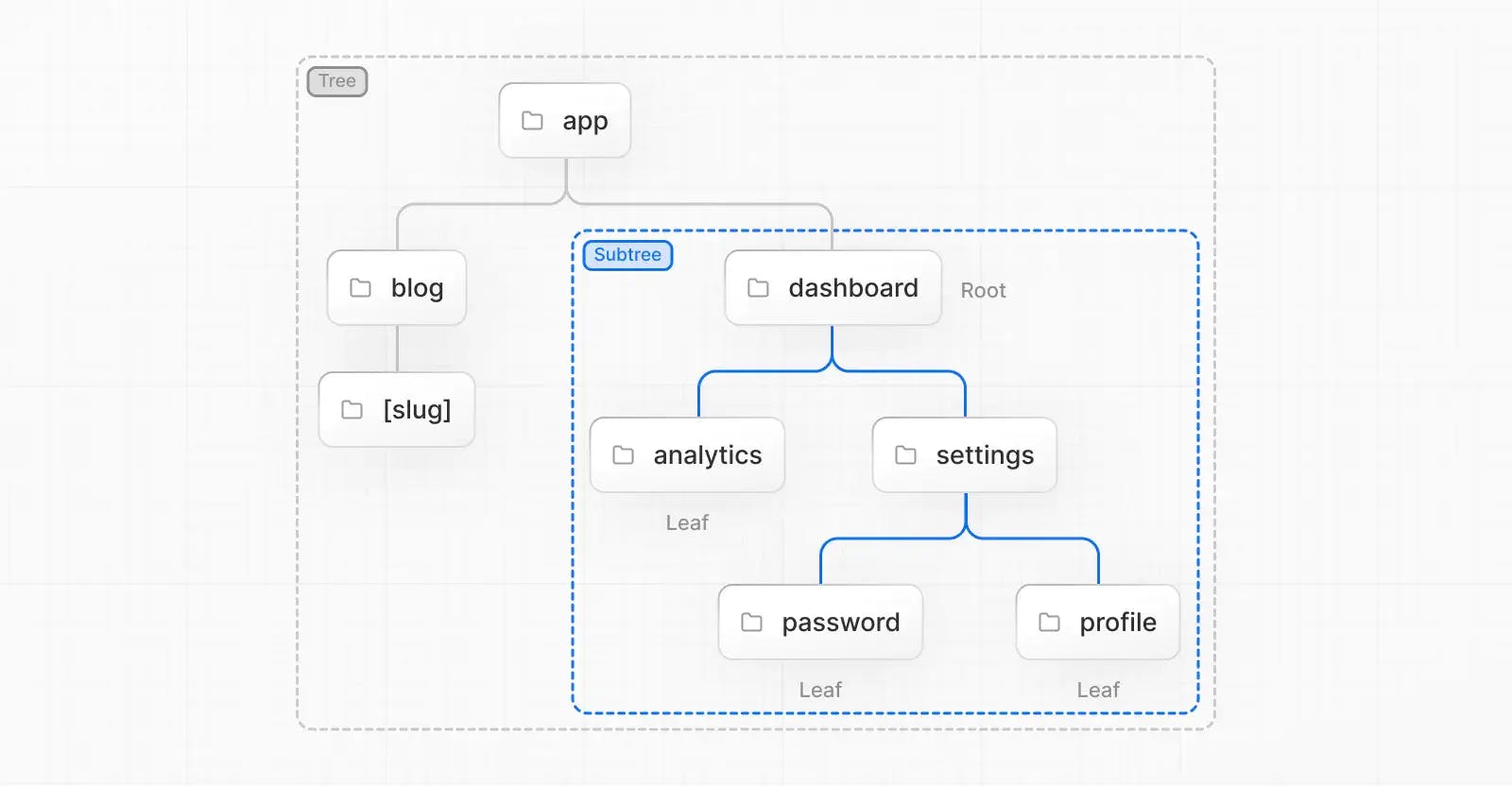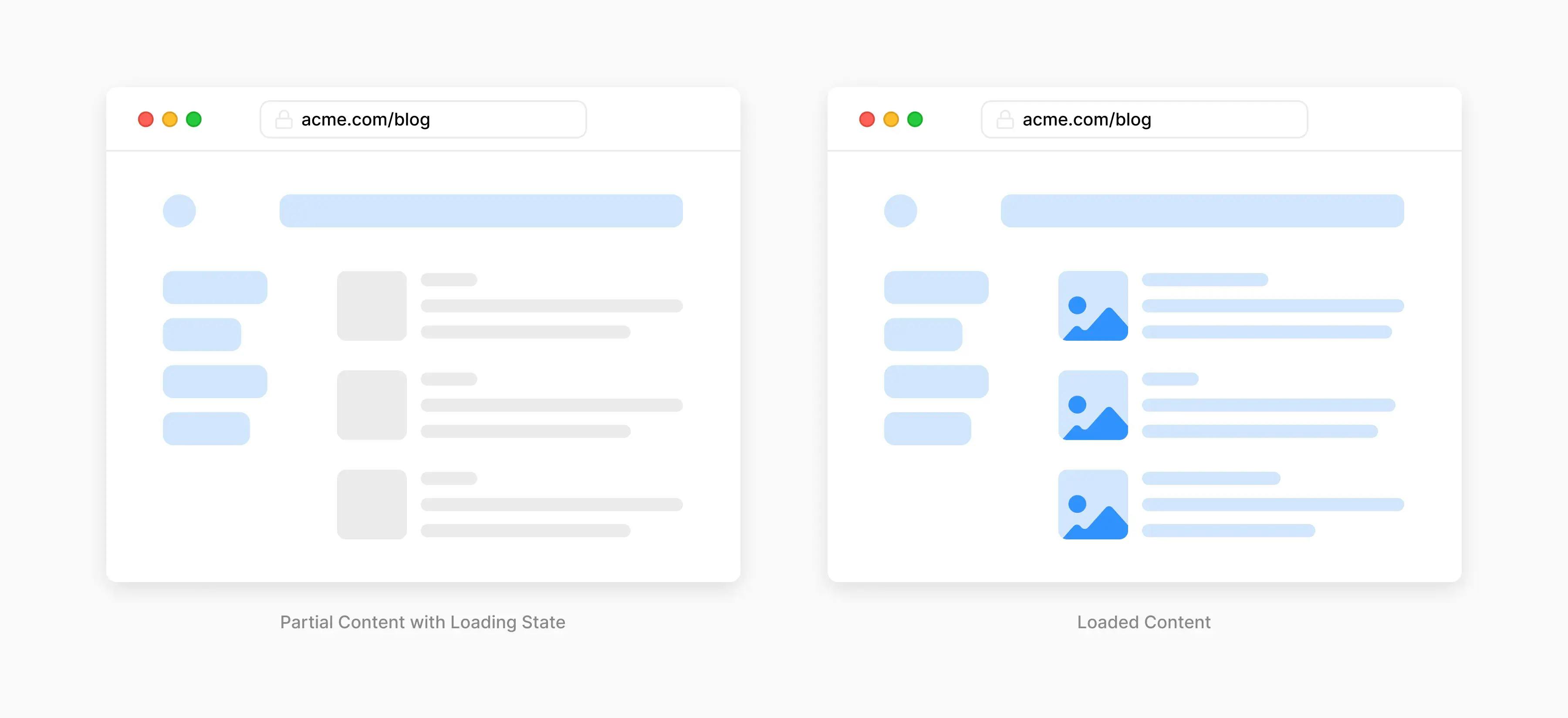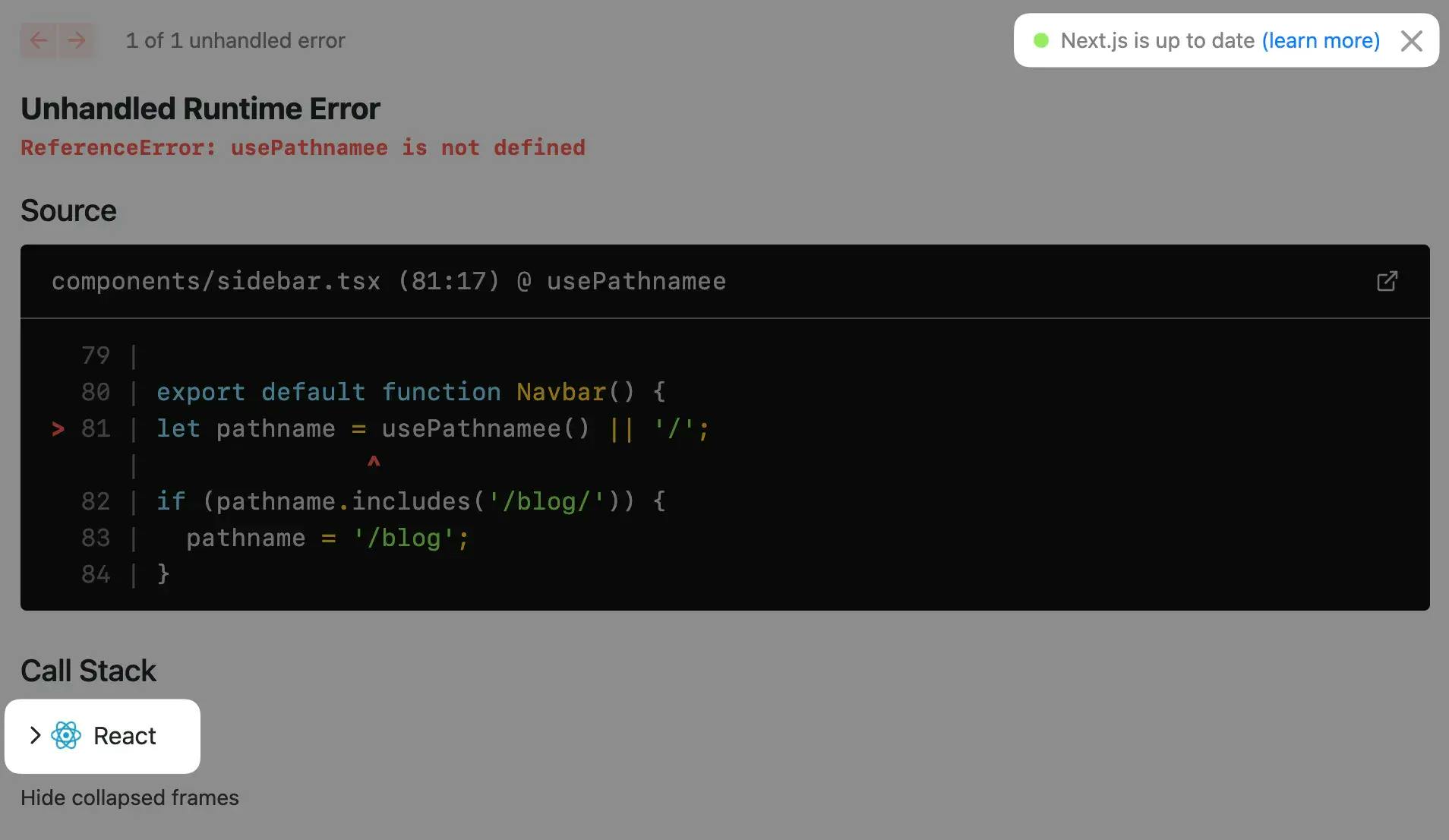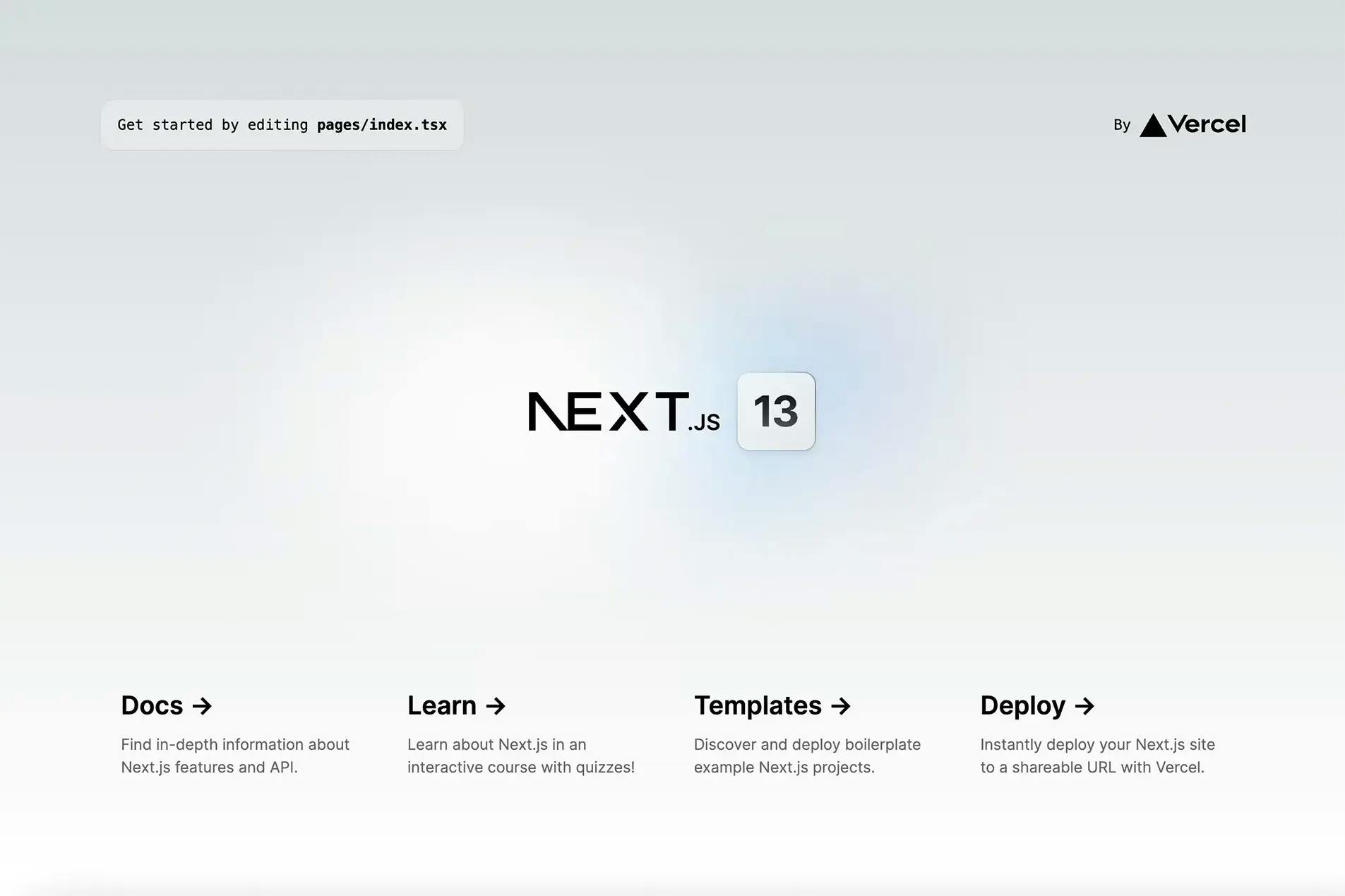The Power of Next.js: Advantages for Modern Web Development
Next.js is a React framework that provides a number of advantages over other frameworks, making it a popular choice for modern web development.

Routing:
Next.js simplifies client-side routing by providing an intuitive API for creating dynamic routes. With Next.js, you can easily define routes and handle URL patterns without complex configuration. This streamlined routing system allows for seamless navigation and dynamic content loading, enhancing user engagement and interactivity.

Performance
One of the biggest advantages of Next.js is its performance. Next.js uses a combination of server-side rendering (SSR) and client-side rendering (CSR) to deliver fast and responsive user experiences. SSR means that the initial page load is rendered on the server, which can significantly improve performance for users with slow internet connections. CSR is used for subsequent page loads and for dynamic content, which allows for more interactivity and flexibility.
// app/layout.tsx
import type { Metadata } from "next";
export const metadata: Metadata = {
title: "Home",
description: "Welcome to Next.js",
};
SEO
Next.js also makes it easy to improve your website's SEO. By default, Next.js generates static pages for each of your pages, which makes them easier for search engines to index. Next.js also includes a number of features that can help you improve your website's SEO, such as automatic image optimization and support for AMP.

Developer experience
Next.js provides a great developer experience. It includes a number of features that make it easy to develop and maintain React applications, such as built-in routing, state management, and code splitting. Next.js also has a large and active community, which means that there are plenty of resources available to help you get started and troubleshoot any problems.
Security
Next.js is secure by design. It uses a number of security features to protect your website, such as CSRF protection, cookie encryption, and automatic HTTPS. Next.js also includes a number of features that can help you improve your website's security, such as support for passwordless authentication and OAuth 2.0.
Flexibility
Next.js is a flexible framework that can be used to build a wide variety of websites and applications. It can be used to build static websites, dynamic websites, and even serverless applications. Next.js also supports a wide range of third-party libraries and tools, which gives you the freedom to build your website or application exactly the way you want it.

Overall, Next.js is a powerful and versatile framework that can be used to build high-performance, SEO-friendly, secure, and flexible websites and applications. If you're looking for a React framework that can help you build the best possible user experiences, Next.js is a great choice.
Additional benefits of Next.js
In addition to the advantages listed above, Next.js also offers a number of other benefits, including:
- Better image optimization: Next.js includes built-in image optimization, which can help you improve your website's performance and SEO.
- Improved SEO: Next.js makes it easy to improve your website's SEO by generating static pages for each of your pages and providing support for AMP.
- Faster development: Next.js provides a number of features that can help you speed up your development process, such as built-in routing, state management, and code splitting.
- Large community: Next.js has a large and active community, which means that there are plenty of resources available to help you get started and troubleshoot any problems.
If you're looking for a React framework that can help you build high-quality, high-performance websites and applications, Next.js is a great choice.